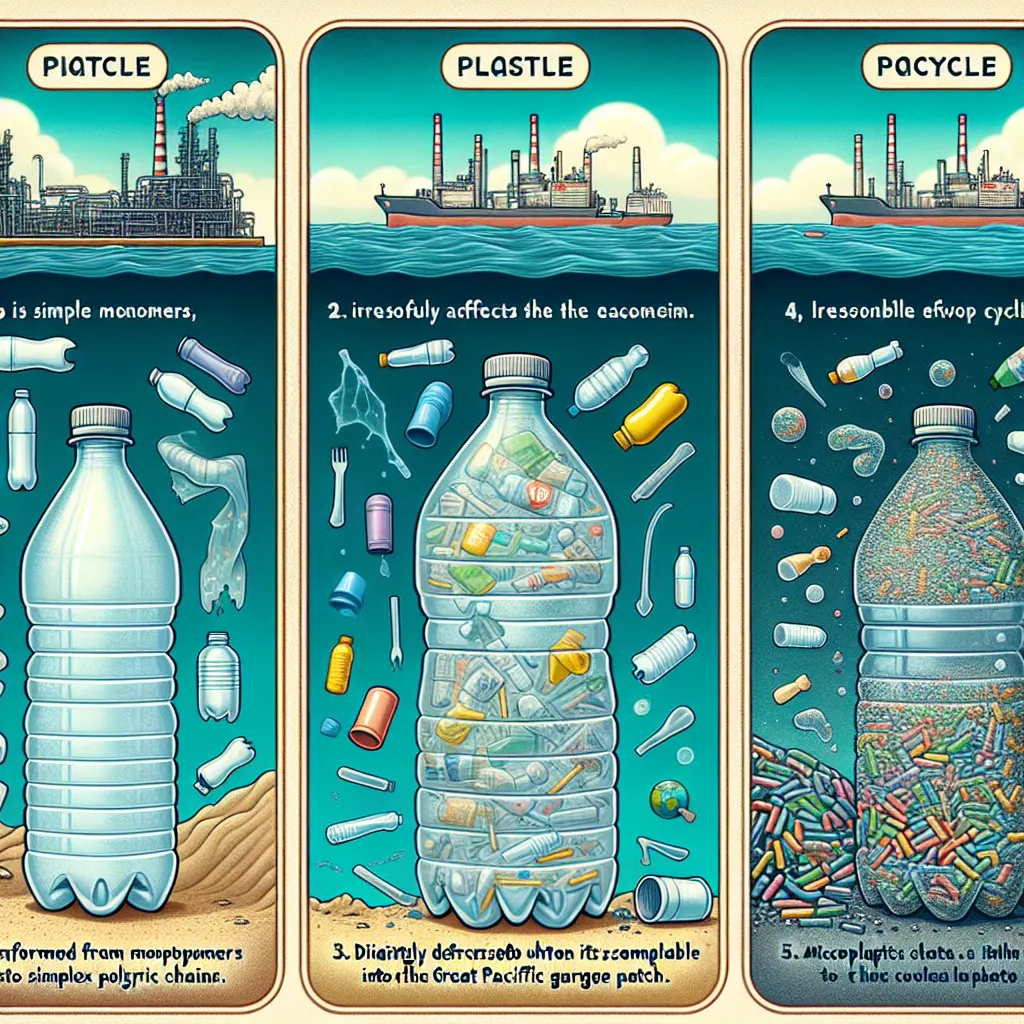Imagine finding a pair of dice that always add up to seven, no matter how you toss them. While you’d likely become the richest person in Vegas, you’d also possess something quite intriguing: an entangled pair of dice. When you roll one die, you wouldn’t know what number it would show until you saw it. However, you’d instantly know what number the other die would display to make the sum seven.
Now, picture splitting these magical dice. Your friend Alice takes one to Macau while you keep the other in Las Vegas. No matter where these dice are, if you roll yours, Alice’s will instantly show the complementary number. This instant connection leads to an intriguing question: Do the dice communicate faster than the speed of light?
This scenario introduces the fascinating concept of quantum entanglement. Though such dice don’t exist, entangled particles in quantum mechanics are very real. They behave similarly to our hypothetical dice. But to grasp quantum entanglement, you need to accept that reality at the quantum level is inherently fuzzy. A particle doesn’t have a definite state until it is measured. It’s like tossing a die and it being all possible outcomes at once until it lands.
Quantum particles, such as photons, exist in multiple states simultaneously. However, when measured, they collapse into a single state. If two photons are entangled, measuring one instantly determines the state of the other, regardless of the distance between them.
Einstein found this idea unsettling, calling it “spooky action at a distance.” He argued that the particles carried information from the moment they were entangled, suggesting their properties were predetermined. In his view, it was impossible for one particle to instantaneously affect another over a long distance because he believed in local realism—that the dice “knew” their outcome from the start.
But, in 1964, physicist John Bell devised a test to settle this debate. His experiment leveraged a unique aspect of quantum mechanics: the act of measuring affects the system being measured. If particles had predetermined states, as Einstein thought, then manipulating one shouldn’t affect the other.
Bell’s test demonstrated conclusively that quantum mechanics was correct. The results showed that measurement affects both entangled particles, disproving Einstein’s view and proving that “spooky action at a distance” does happen. Numerous experiments since then have confirmed this.
This leads us to another intriguing question: Do entangled particles communicate faster than light? Even if they did, it would defy Einstein’s theory of relativity, collapsing our understanding of reality. Most scientists conclude no faster-than-light communication occurs. So, what explains this phenomenon?
The answer lies in the peculiar nature of quantum physics. We find it hard to accept a reality that is uncertain and indeterminate at its core. However, there’s a more radical idea: super determinism. Proposed by Bell himself, super determinism suggests the universe is entirely deterministic, with no room for free will. Every event, behavior, and choice is predetermined, including the belief in our free will. If super determinism holds true, the mystery of entanglement vanishes.
In a predetermined universe, no faster-than-light signals are necessary. The particles “know” their states because everything, including the measurements, is already preordained. Could this be the true nature of reality? Perhaps Einstein was right all along, suggesting that everything is indeed written in the proverbial stars.






